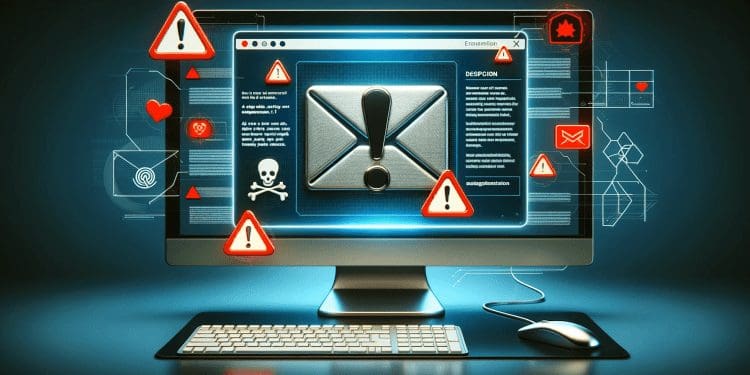- Social media users report a surge in phishing emails linked to Patreon, aimed at crypto enthusiasts.
- Scammers sign up victims for fake Patreon accounts, then send emails posing as legitimate crypto projects.
- Despite Patreon’s efforts to fix the issue, reports of scam emails continue to surface, raising concerns about security measures.
A recent wave of phishing emails has hit the cryptocurrency community, this time through the unexpected channel of Patreon, a platform commonly used by content creators to engage with their subscribers. Users on platforms such as X and Reddit have shared their experiences of receiving unsolicited emails, which were part of a sophisticated scam operation targeting their digital wallets.
Unwanted Sign-ups and Fake Airdrops
The scam begins with crypto users finding themselves unknowingly signed up for Patreon. Following this unexpected registration, they receive emails purporting to be from well-known crypto projects like Chainlink and Solana, among others. These communications offer enticing airdrops, a common crypto incentive mechanism, but with a malicious twist. The aim is to deceive recipients into parting with sensitive information, compromising the security of their cryptocurrency assets.
Patreon’s Response and Ongoing Concerns
Patreon acknowledged the issue on January 25, responding to a user’s inquiry on X. The company identified the root cause as a flaw in their email verification process, which was exploited by scammers pretending to be legitimate creators on the platform. While Patreon assured that it had rectified the problem and was taking steps to secure affected accounts, reports of similar scam emails persisted. Users continued to share their encounters with dubious emails, suggesting that the platform’s countermeasures might not be fully effective.
This incident underscores the persistent threat of phishing in the cryptocurrency space, even on platforms outside the typical crypto ecosystem. With over 324,000 individuals falling prey to such scams in the past year alone, the community remains on high alert. The ongoing situation calls for heightened vigilance and a critical examination of emails, especially those promising too-good-to-be-true offers, to safeguard against potential financial losses.














